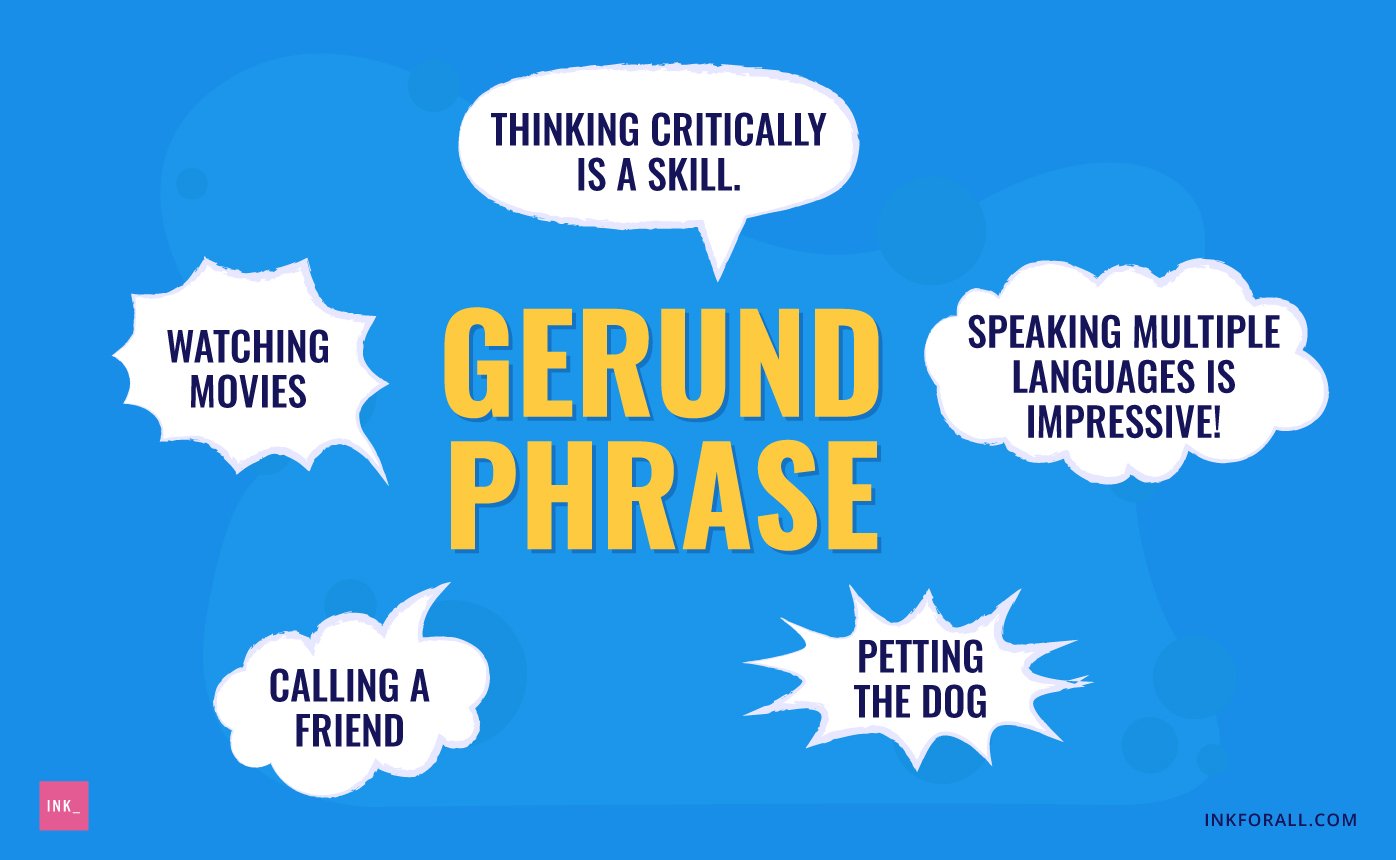Historical Context and Background

The relationship between Iran and Israel has been marked by deep mistrust and hostility for decades. This complex relationship is rooted in a combination of historical events, religious differences, and geopolitical interests.
Historical Timeline of Iran-Israel Relations
The relationship between Iran and Israel has been shaped by a series of significant events.
- 1948: Following the establishment of Israel, Iran became one of the first countries to recognize the new state. However, this recognition was short-lived, as the two countries quickly developed a strained relationship.
- 1979: The Iranian Revolution, led by Ayatollah Ruhollah Khomeini, led to a dramatic shift in the relationship. The new Islamic Republic of Iran became a vocal critic of Israel and actively supported Palestinian groups opposed to the Israeli state.
- 1980-1988: The Iran-Iraq War further strained relations between Iran and Israel, as Israel provided limited support to Iraq.
- 1990s: The collapse of the Soviet Union and the rise of Islamic fundamentalism in the Middle East led to a period of increased tensions between Iran and Israel.
- 2000s: Iran’s nuclear program became a major source of conflict between Iran and Israel, with Israel viewing it as a serious threat to its security.
- 2010s: The rise of the Islamic State of Iraq and Syria (ISIS) created a shared interest in fighting terrorism for both Iran and Israel, but this common ground did not lead to any significant rapprochement.
The Role of Religion and Ideology
Religion and ideology have played a crucial role in shaping the relationship between Iran and Israel.
- Iran: The Islamic Republic of Iran considers Israel an illegitimate state and a threat to the Muslim world. Iran’s official ideology is based on the concept of “Islamic Revolution,” which aims to establish an Islamic government and liberate Muslims from Western influence.
- Israel: Israel views Iran as a major threat to its security and existence. Israel’s national security doctrine is based on the concept of “deterrence,” which aims to prevent its enemies from attacking it by demonstrating its military strength and resolve.
Geopolitical Interests
Geopolitical interests have also played a significant role in shaping the relationship between Iran and Israel.
- Regional Power: Both Iran and Israel aspire to be the dominant power in the Middle East. This rivalry has led to a series of proxy conflicts and arms races.
- International Relations: Iran and Israel are also engaged in a complex game of international diplomacy. Iran seeks to expand its influence in the Middle East and beyond, while Israel seeks to maintain its close relationship with the United States and other Western powers.
Political and Diplomatic Relations

The relationship between Iran and Israel is one of the most complex and fraught in the Middle East. It is characterized by a deep mistrust and a history of conflict, with both countries viewing each other as existential threats. Despite this, there have been moments of cautious engagement, and the potential for cooperation exists in some areas.
Current State of Relations
Iran and Israel have no formal diplomatic relations and have been engaged in a long-standing proxy war, primarily through the activities of their respective allies in Lebanon, Syria, and the Gaza Strip. Both countries have engaged in espionage and sabotage operations against each other, and the rhetoric between their leaders is often hostile. The relationship has been further strained by Iran’s nuclear program and its support for militant groups in the region, which Israel sees as a direct threat to its security.
Key Areas of Disagreement, Iranian israeli
- Nuclear Program: Israel is deeply concerned about Iran’s nuclear program, which it believes is intended to develop nuclear weapons. Israel has repeatedly threatened military action against Iran’s nuclear facilities if diplomacy fails to resolve the issue. Iran maintains that its nuclear program is for peaceful purposes and has rejected Israel’s accusations.
- Regional Influence: Both Iran and Israel seek to exert influence in the Middle East, leading to competition for power and resources. Iran supports various militant groups in the region, including Hezbollah in Lebanon and Hamas in Gaza, which Israel considers a direct threat. Israel has also been accused of supporting anti-Iranian factions in the region.
- Palestinian Issue: The Israeli-Palestinian conflict is a major point of contention between Iran and Israel. Iran strongly supports the Palestinian cause and views Israel’s occupation of Palestinian territories as illegitimate. Israel, on the other hand, views the Palestinian issue as a security threat and has been reluctant to make concessions.
Potential for Cooperation
Despite the deep animosity between the two countries, there are areas where cooperation is possible.
- Water Management: Both Iran and Israel face water scarcity challenges, and cooperation on water management could be mutually beneficial.
- Environmental Issues: The two countries share common environmental concerns, such as climate change and pollution, which could be addressed through collaboration.
- Counter-Terrorism: Iran and Israel share a common interest in combating terrorism, although their definitions of terrorism may differ.
Role of International Actors
International actors play a significant role in influencing the relationship between Iran and Israel.
- United States: The United States is a key ally of Israel and has historically been critical of Iran’s policies. The US has imposed sanctions on Iran and has been involved in negotiations to curb Iran’s nuclear program.
- European Union: The European Union has been engaged in diplomatic efforts to resolve the Iran nuclear issue and has sought to maintain dialogue with Iran. However, the EU’s influence is limited by its dependence on US support for sanctions.
- Russia: Russia has developed close ties with Iran in recent years, particularly in the military and energy sectors. Russia has been supportive of Iran’s nuclear program and has played a role in mediating between Iran and the West.
Regional Powers
Regional powers also play a role in shaping the relationship between Iran and Israel.
- Saudi Arabia: Saudi Arabia is a major regional power and a close ally of the United States. It views Iran as a strategic rival and has been involved in proxy conflicts with Iran in the region.
- Turkey: Turkey has a complex relationship with both Iran and Israel. Turkey has sought to mediate between Iran and the West, but its relations with Israel have been strained in recent years.
- United Arab Emirates: The UAE has recently normalized relations with Israel, creating a new dynamic in the region. The UAE’s relationship with Iran remains complex, with both countries seeking to maintain economic ties while navigating their respective alliances.
Security and Military Issues: Iranian Israeli

The relationship between Iran and Israel is marked by deep mistrust and a history of conflict. This is reflected in the security and military dimensions of their relationship, which are characterized by a complex web of threats, counter-threats, and regional power dynamics.
Nuclear Weapons and Regional Conflicts
The potential for Iran’s nuclear program to develop nuclear weapons has been a major source of concern for Israel, which views such a development as an existential threat. Israel has long maintained a policy of ambiguity regarding its own nuclear arsenal, but it is widely believed to possess a sizable nuclear stockpile. The possibility of Iran acquiring nuclear weapons has also heightened regional tensions, as it could lead to an arms race and destabilize the entire Middle East.
Military Capabilities and Strategies
Iran and Israel have significantly different military capabilities and strategies. Iran’s military is the largest in the Middle East, with a large standing army, a powerful air force, and a growing navy. Iran’s military doctrine emphasizes asymmetric warfare, using tactics such as guerrilla warfare, cyberattacks, and missile strikes to counter Israel’s technological superiority. Israel, on the other hand, possesses a highly advanced and technologically sophisticated military, with a strong focus on air power, intelligence gathering, and special forces operations. Israel’s military strategy is based on a policy of deterrence, aiming to deter Iran from attacking its territory or interests.
The Role of Proxy Groups
Both Iran and Israel utilize proxy groups to project their influence and pursue their strategic objectives in the region. Iran supports various Shia militias in Iraq, Lebanon, Syria, and Yemen, which it uses to exert pressure on its adversaries and to counter Israel’s influence. Israel, in turn, has been accused of supporting various groups opposed to Iran’s allies, including Syrian rebel groups and Kurdish militias. These proxy conflicts have contributed to the instability and violence in the Middle East, adding another layer of complexity to the security challenges faced by both Iran and Israel.
The Impact of Regional Alliances
Iran and Israel are both part of complex regional alliances that shape their security environment. Iran is a key ally of Syria, Hezbollah, and Hamas, while Israel has close military and political ties with the United States, Saudi Arabia, and the United Arab Emirates. These alliances have contributed to the ongoing conflicts in the Middle East and have created a complex web of security concerns for both countries.
Iranian israeli – The Iranian-Israeli conflict is a complex and multifaceted issue, with historical, political, and religious dimensions. It’s a topic that often gets debated in seminars and tutorials, but sometimes you need a break from the academic intensity. If you’re looking for a practical project to unwind, why not try how to reupholster a kitchen table chair ?
It’s a great way to get your hands dirty and learn a new skill. Afterwards, you can return to the Iranian-Israeli conflict with a fresh perspective.
The Iranian-Israeli conflict is a complex and long-standing issue with a multitude of factors at play. One factor that has undoubtedly impacted the region, and indeed the entire world, is the COVID-19 pandemic. The World Health Organisation (WHO) has been at the forefront of the global response to this crisis, who covid 19 impacts most, and the pandemic has exacerbated existing tensions in the Middle East, including those between Iran and Israel.
The pandemic has also highlighted the need for international cooperation and solidarity in addressing global challenges, which is something that both Iran and Israel would do well to consider.
